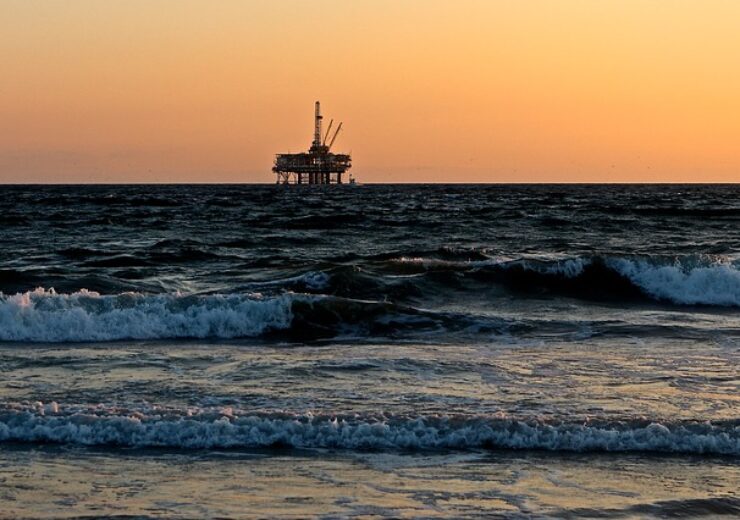BW Kudu will increase its stake in the Kudu licence from current 56% to 95% while NAMCOR will retain the remaining 5% interest

BW Energy signs deal to acquire stake in Kudu field. (Credit: C Morrison from Pixabay)
Norway’s BW Energy subsidiary BW Kudu has signed an agreement with National Petroleum Corporation of Namibia (NAMCOR) to acquire additional stake in the Kudu licence offshore Namibia.
Located about 130km offshore the southern parts of Namibia, the Kudu gas field was discovered in 1974. It is estimated to hold 1.3 TCF of gas (P 50).
Under the terms of the deal, BW Kudu will increase its stake in the Kudu licence from 56% to 95%, while NAMCOR will retain the remaining 5% interest.
Additionally, the deal gives the opportunity to NAMCOR to acquire an additional 5% stake post first gas. Financial terms of the deal were undisclosed.
Upon completion of the transaction, BW Kudu will pay $4m and carry NAMCOR’s share of development costs until first gas.
The transaction is subject to the approvals of Namibian regulatory authorities as well as BW Kudu’s and NAMCOR’s boards.
BW Energy CEO Carl Arnet said: “Kudu gas is an important project for the energy sector and for Namibia. It has the potential to provide a valuable contribution to Namibia’s energy mix and local value creation by monetizing stranded gas which is an untapped natural resource in Namibia.
“The next step for the Kudu joint venture will be to secure long-term commercial gas sales agreements, update the development plan to meet offtake needs and ensure robust financial project returns.”
BW Energy said that the new arrangement would help secure financing for the development of the Kudu field while enabling gas sales arrangements.
NAMCOR managing director Immanuel Mulunga said the Kudu project may become the first offshore oil and gas development in the country.
Mulunga added: “It represents an opportunity to reduce carbon emissions and strengthen energy independence for Namibia, which currently imports a major part of its electricity from coal fired power plants outside of the country.”
“Developing Kudu will provide insights which can be used to unlock similar abundant stranded gas reserves available around the world,” Arnet further said.
